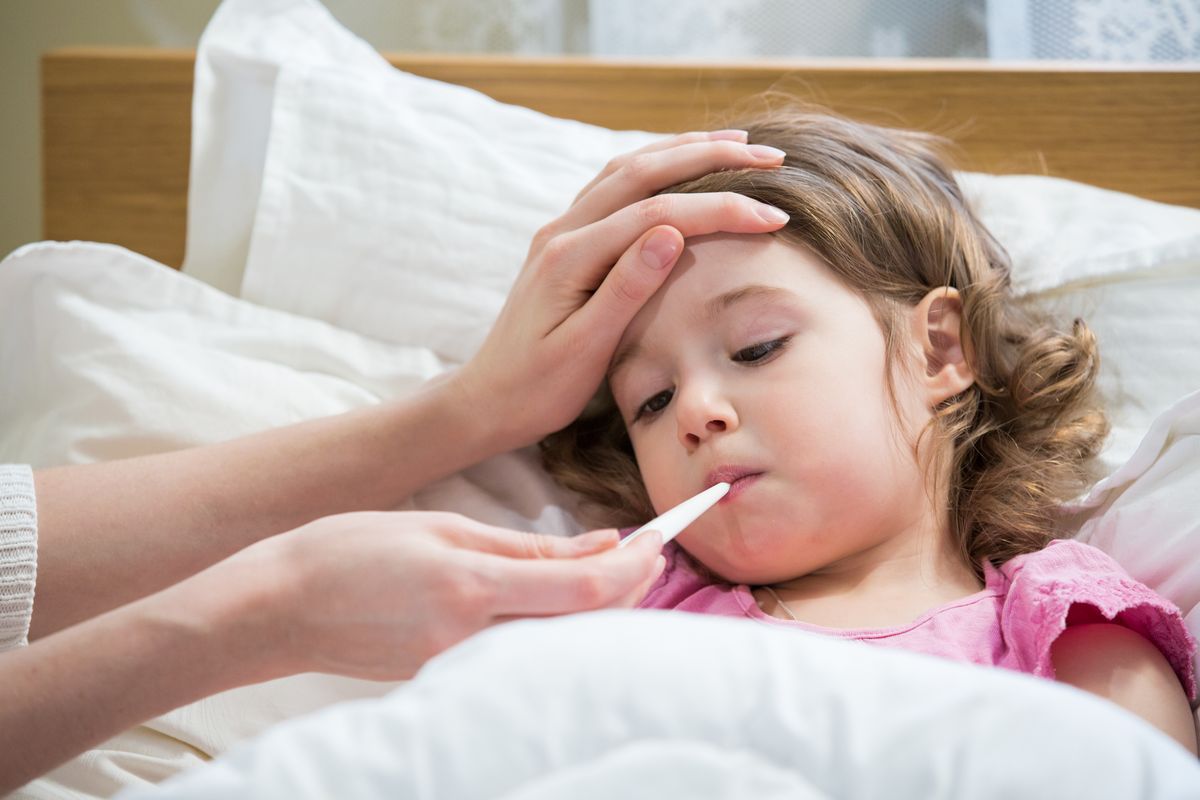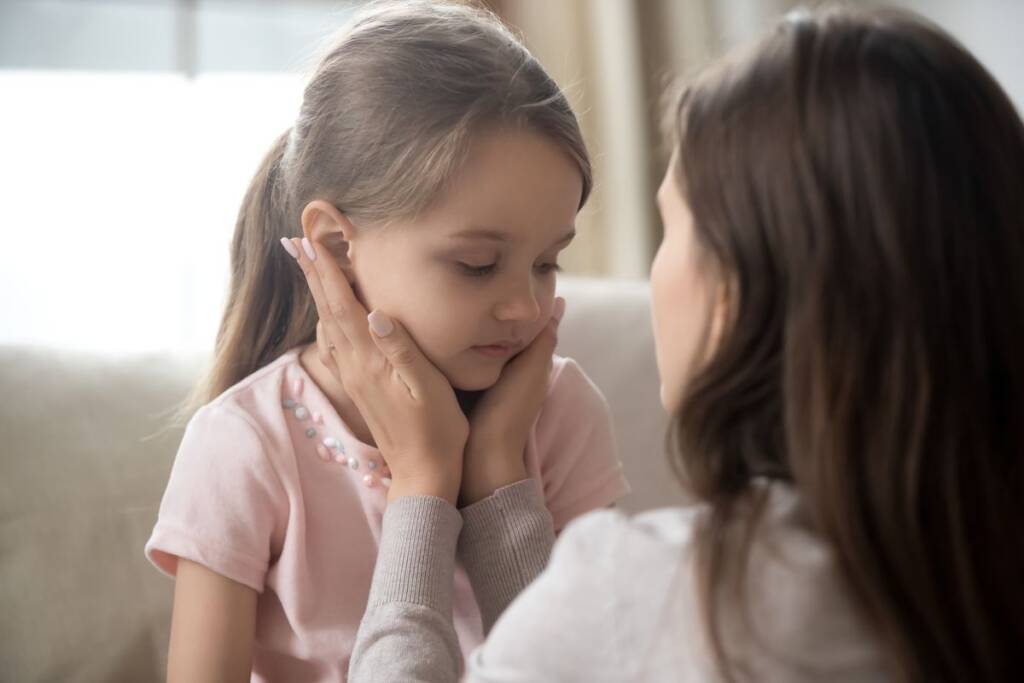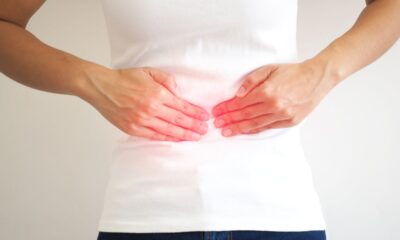Health
Australian flu in children: the peak has been reached, here is the advice for parents

The Australian flu in children seems to be more aggressive than in adults: let's see the symptoms and advice for parents.
The peak of Australian flu infections in children appears to have already been reached. Despite everything, given the approaching Christmas holidays, it's good to take a look at the symptoms, the course of the syndrome and expert advice for parents.
Australian flu in children: symptoms and duration
A little earlier than in previous years, the flu also hit the Italian population. Called Australian because it is in the country of kangaroos that the strain was isolated for the first time, the Istituto Superiore di Sanità has announced that a peak of infections is being recorded, especially among children . Accesses to the pediatric wards of hospitals are increasing every day, as are those to family paediatricians' offices.
As it happens in adults, the Australian flu has clear symptoms : high fever , cough , cold , headache and body aches. In some cases, otitis , pneumonia, myocarditis and encephalitis may appear. In addition, respiratory distress may occur in younger children, with increased breathing frequency, lack of appetite and feeding difficulties. In situations of this type, hospitalization is required. Generally, the flu syndrome lasts between 7 and 10 days, with some complaints that can last for two weeks. Hence, it may last longer than in years past.

Australian flu in children: advice for parents
According to experts, the Australian flu has already peaked in children. Despite everything, the approach of the Christmas holidays suggests a further increase in infections. In light of this, the vaccine is the best prevention even in the youngest. The flu serum can be given to all children aged 6 months to 6 years .
Then there are some precautions that parents should have: teach them to sneeze and cough by covering their mouth, wash/sanitize their hands after episodes of this type, ventilate closed environments, avoid contact with adults or older siblings with flu symptoms and avoid secondhand smoke. As far as treatment is concerned, rely on the pediatrician's indications.
Riproduzione riservata © - WT











